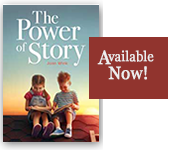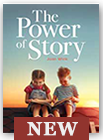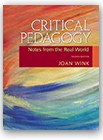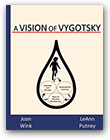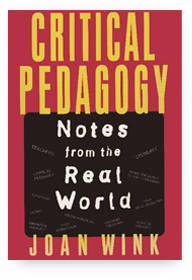pp.24-28
by Joan Wink
Published by Libraries Unlimited/ABCLIO
Copyright © 2018 by Joan Wink
Summer reading is just that: Reading in the summer—it is free voluntary reading during the summer when students have more time. The summer reading, mentioned here, is not to be confused with a mandated summer book list, which can loom over any family’s less hectic months of the year. The summer reading, which I am encouraging, is self-selected. Choice and time are the two operative words.
In one study (Shin & Krashen, 2008), students had access to books and varied reading materials. In addition, they could read for recreation for at least 80 minutes per day. Access and recreational are the two operative words. No tests. No rewards. Just reading for enjoyment. Yes, the group of students who were encouraged to read for pleasure raised their scores even more than did the group, who spent their summer reading more traditional classroom materials and curriculum. Richard Allington and Anne McGill-Franzen (2013, April/May), two other experienced literacy scholars, had similar results with their summer reading program. Children of poverty (Neuman & Celano) experience a greater reading loss in the summer, and this is directly related to lack of access to books. Poverty is the operative word. The Allingon/McGill-Franzen study, the results demonstrated that simply by providing children from low-income families with self-selected books for summer reading eliminated summer reading loss and show gains commensurate with children from middle class families, who often have more access to books in the home.
Figure 1.3 Joan and Her Little Free Library
Our study demonstrated that distributing self-selected books for summer reading Improved reading achievement as much as attending summer school.
(Allington & McGill-Franzen, April/May 2013, p. 10)
Thus, what can be done to stop the “summer slump”? Libraries: They are filled with free books and all types of varied reading materials. Free. When we walk into any library, we have access to recreational reading. Even dreadful effects of poverty are no longer a factor.
No slip sliding into the summer slump—the reading slump, that is. We know that kids with books at home, and kids who live near well-funded libraries and well-funded schools. To end the summer slump, read to your kids, read with your kids, and make sure your kids see you reading, too. Above all, go with your kids to your local library weekly during the summer.
Be seen reading: How can that help? Remember, reading begets reading. This discussion makes me think about the senior slump, which is defined as any adult, who stopped reading books, after he or she left school. In addition, I have noticed that the folks with senior slump often worry about kids not reading enough anymore. To diagnose the senior slump, just ask, “Tell me what you are reading.” If an awkward space of silence follows, you will know that you are dealing with severe senior slump. Okay, it’s true, I just made up that term.
Imagination is more important than knowledge. For knowledge is limited to all we now know and understand, while imagination embraces the entire world, and all there ever will be to know and understand.
(Albert Einstein)
Kohn (2012, July 20) cautions us to lower the temperature on claims of “summer learning loss.” He wonders why we are so nervous about giving kids a break from school, as he reminds us of what creativity needs: resting, day-dreaming, thinking, rethinking. Kohn’s thoughts bring to mind an interview I heard of Jacqueline Woodson, who is a 2014 National Book Award for Young People’s literature winner, Young People Poet Laureate, and renown author for children and adolescents (and me). Two of her more recent books include Brown Girl Dreaming and Another Brooklyn. In the interview, Terry Gross asked Jacqueline to describe how her religious upbringing as a Jehovah’s Witness affected her life today. She responded that she learned to sit still and be bored for long periods of time in the Kingdom Hall, which was the church for her mom and grandmother, and then Jacqueline mused that this is probably where her creativity was sparked.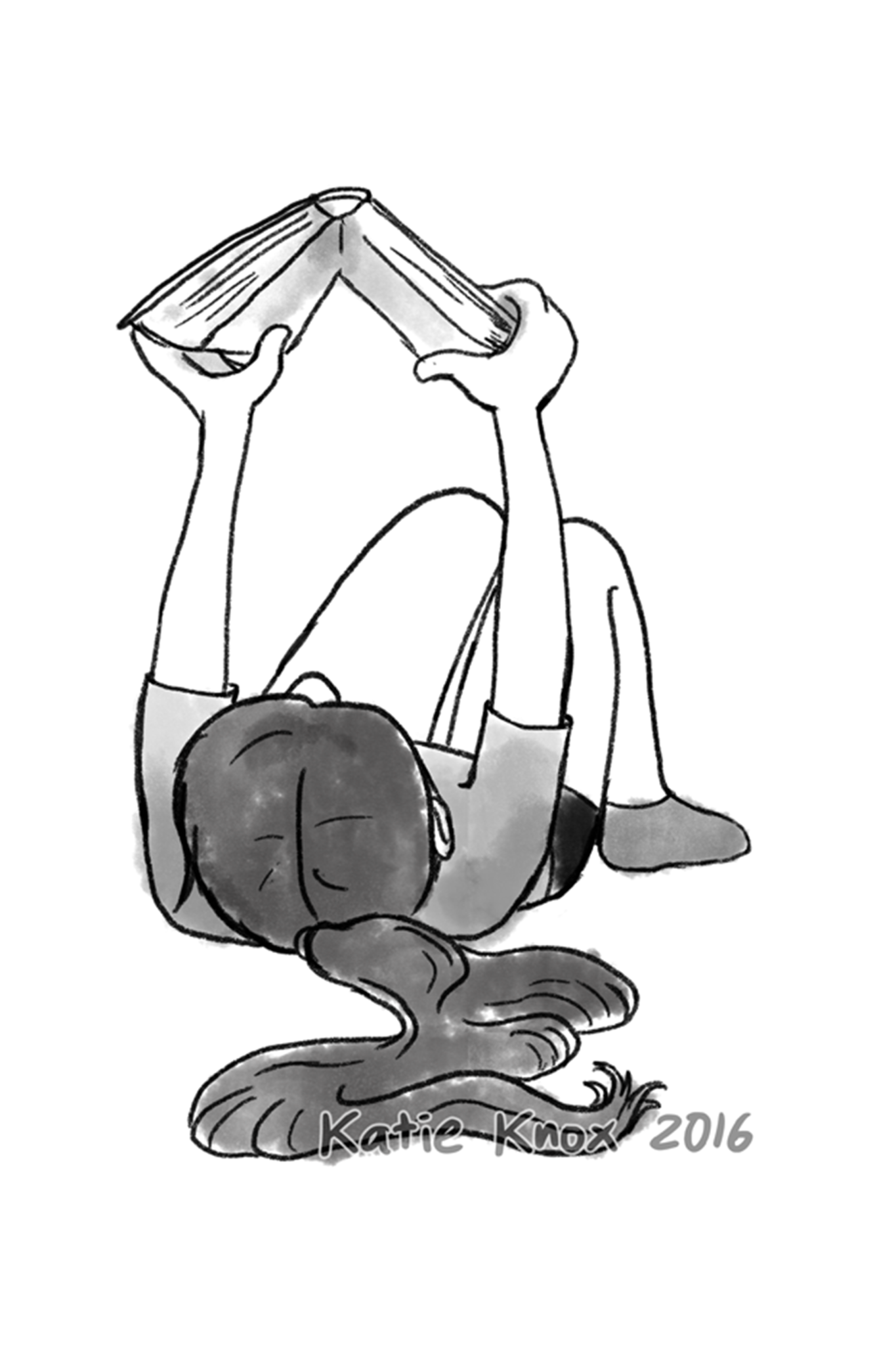
Figure 1.4 The Goal of Summer Reading: A love of Reading.
Illustration by Katie Knox.
Recreation can mean re-creation.
(Alfie Kohn, July 20, 2012, http://www.alfiekohn.org/blogs/summer/)
Christakis (2016) asks us why we are so fearful of a little boredom that leads to children’s fort-building, free-dancing, stick-dragging, bug-collecting, imagination building, or simply cosmic ceiling-staring. She challenges us to have a greater respect for quiet time and even boredom. In addition, she reminds us that our families’ conversations matter:
One of our most important misunderstandings involves our neglect of oral language as an essential fuel—the essential fuel, according to most experts—for early literacy development. It’s easy to get worked up about when and what exactly our kids can decipher but if we want our children to be able to crack the letter-sound code with ease; to make causal inferences; to synthesize new knowledge; and to make creative leaps across cognitive domains, we need to cultivate the art of conversation, and we need to give children meaningful things to talk about. The foundation of literacy is playful, exploratory, and social experience. (https://www.washingtonpost.com/entertainment/books/beyond-the-summer-booklist-how-to-cultivate-a-childhood-reading-habitat/2016/06/08/39fef580-241d-11e6-9e7f-57890b612299_story.html?tid=a_inl)
The goal of summer reading is to develop a love of reading. The best kind of summer reading can be found in Figure 1.4.
